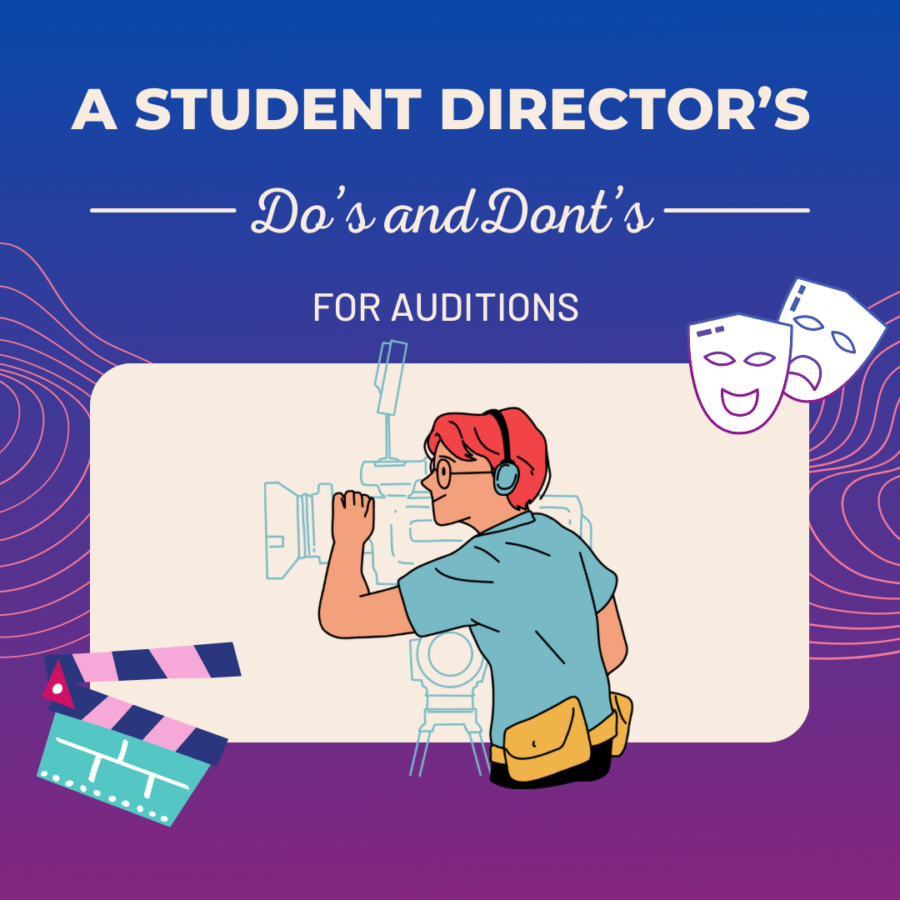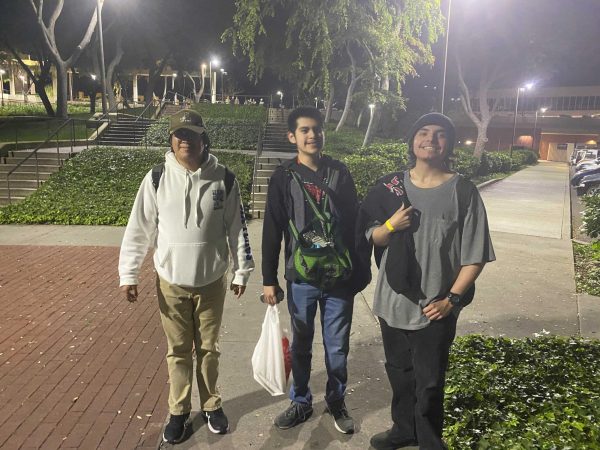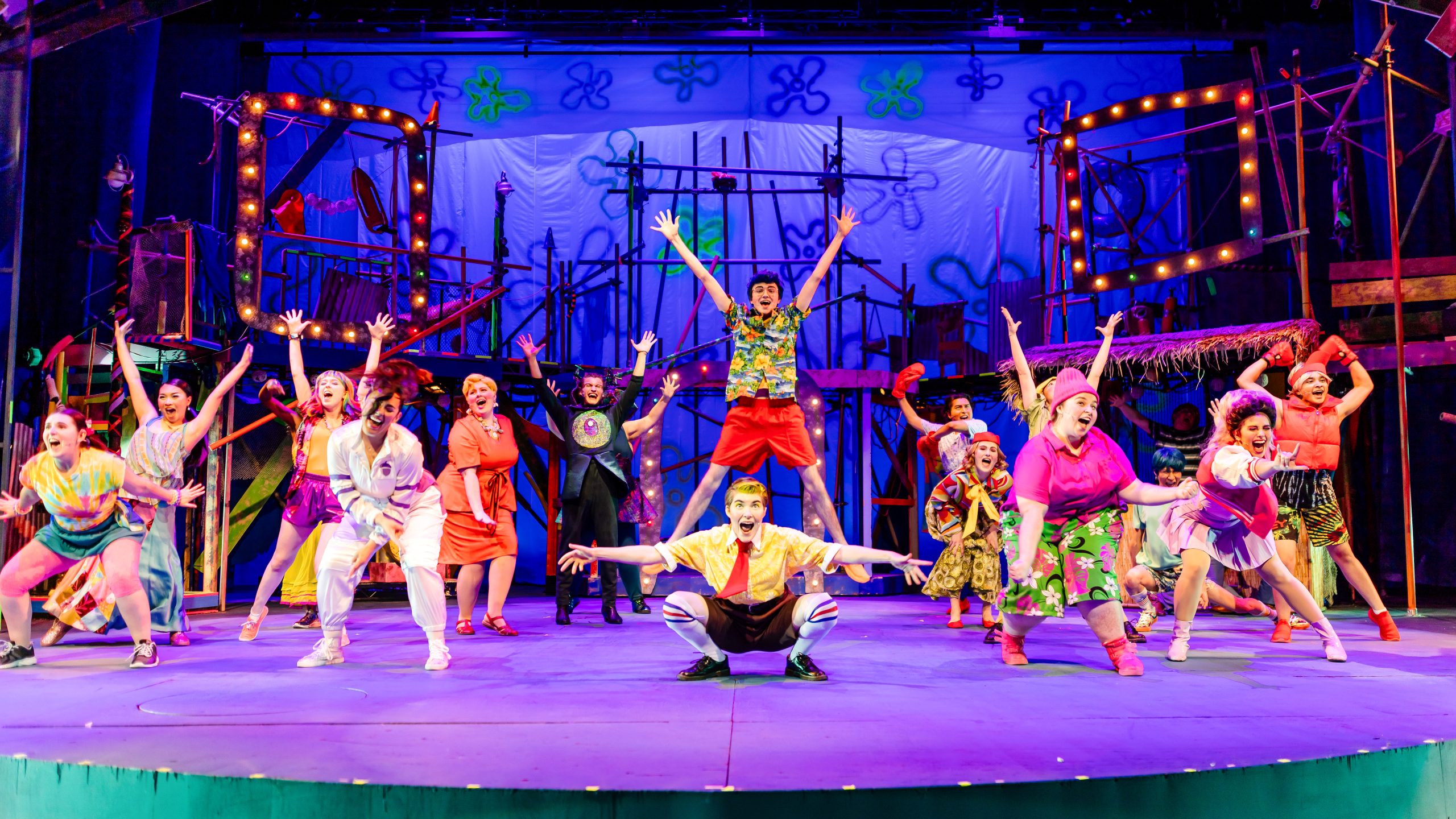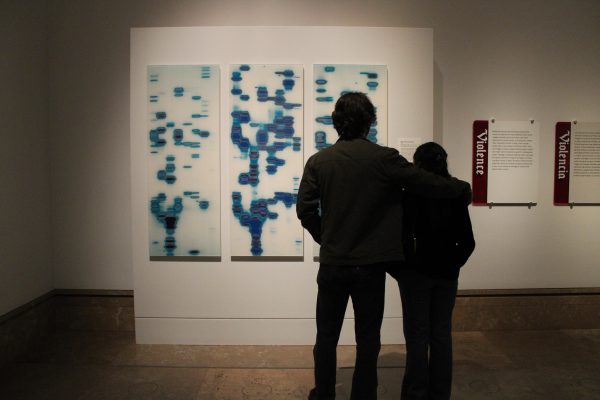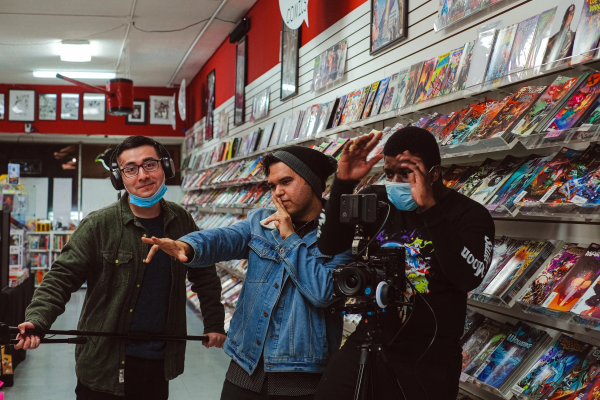A student director’s guide for auditions
April 27, 2023
For a student trying to pursue acting, auditions will always be part of their path to success. The audition process can be nerve-racking, but at the same time, it can be an exciting aspect of the experience. For Victor Cruz Martinez, auditioning is something familiar.
Martinez is a fourth-year theater major at CSUN and currently directs one of the spring productions, “Lysistrata.” Through this, Martinez gained experience in casting alongside two other student directors, Autumn Tatnall and Malu Pizzatto.
From auditioning himself, and through casting for his directorial debut, Martinez has learned the rules for auditioning. He explains that getting your monologue from a play is the most important way to prepare for an audition. It’s also essential to know the monologue you are using to be able to portray that character to your best ability.
“I usually pick from plays I’ve seen or am familiar with. Something I do as well is make sure the monologue has some sort of correlation to the show I’m auditioning for, such as a comedic monologue for a comedic show,” Martinez said.
One of the more obvious ways to prepare for an audition is to memorize the monologue. Not only does it show that you are ready, but it also proves that you are dedicated to the role.
If you are auditioning for a role in a theatrical production, you should memorize a monologue from a play. Martinez explains that you shouldn’t just look up a monologue online and randomly choose one. Finding a monologue that interests you will help convince casting directors that you are confident and passionate.
“It may seem like a lot of prep work and time, however, the strongest auditions are always the ones who approach it this way,” Martinez said. “A lot of times, if we see opportunities to approach your monologue differently, we ask you to present it differently with some notes we give you.”
Martinez recommends reading the entire play of the monologue you plan to audition with. This will help give you more insight into the character, showing you are well-prepared. If you cannot read the entirety of the play, make sure you are aware of the events leading up to the monologue and the events that occur after.
Most importantly, even if you don’t land the role, auditions are a great learning experience. Martinez explains that making mistakes during an audition helps to improve for future opportunities, and that casting directors might even give you tips and let you restart if they see potential in your audition.
“Before you enter the audition room, take a breath, shake the nerves out, and have a good time. As long as you come out of the audition feeling good, that’s all that matters,” Martinez said.
